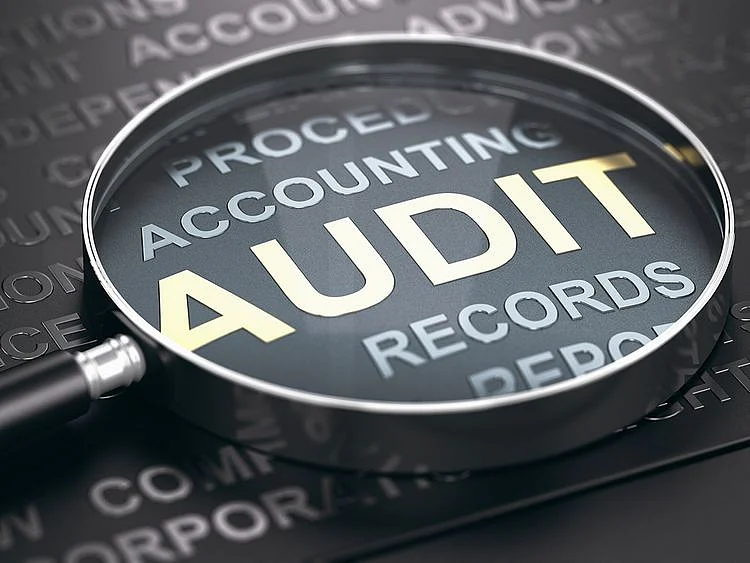Dubai enacts whistleblower protections for public staff: What it entails
New law protects whistleblowers with job security, confidentiality, and clear procedures

Dubai: Public sector employees in Dubai who come forward with information about financial or administrative violations are now covered by a new legal framework that ensures protection from retaliation, loss of employment, or exposure.
Following up on the announcement made on Tuesday, the new regulation that applies to all government employees working in entities under the jurisdiction of the Financial Audit Authority (FAA) and builds on the foundation set by 2018 law – has now taken effect.
Who is protected under the new rule?
The decision specifically protects two groups:
· Employees who submit reports or disclosures about financial or administrative violations.
· Those who are asked to provide testimony or assist in investigations led by the FAA.
Crucially, these protections are only activated if the information provided is accepted by the FAA in accordance with existing legal procedures.
What kind of protection is offered?
The new rule offers several layers of protection:
· Confidentiality: All submitted reports will be treated with strict confidentiality. No employee of the FAA is allowed to share, reveal, or disclose the content of these reports under any circumstances.
· Employment security: Whistleblowers will not face job loss, demotion, or any form of retaliation linked to their disclosures or cooperation during investigations.
· Safe reporting environment: The procedures are designed to give public employees the confidence to come forward without fear of negative consequences.
How does the process work?
Employees seeking protection under this decision must follow a defined procedure to submit their disclosures. The decision outlines:
· Eligibility conditions for protection.
· Steps to request protection formally.
· Legal and procedural frameworks that ensure fairness during administrative investigations.
This structure ensures that cases are not only handled sensitively but also according to clear legal standards.
Who investigates the claims?
Investigations into such reports must be conducted by individuals with the appropriate professional expertise relevant to the nature of the violations being examined. These investigators are also bound by the same strict confidentiality obligations, reducing any risk of information leaks or undue pressure on the whistleblower.
Oversight and implementation
The Director General of the Financial Audit Authority is tasked with issuing the necessary implementation directives. This ensures that the decision will be put into practice consistently across all relevant departments.
The measure is now officially in force and will be published in Dubai’s Official Gazette.
What this means for Dubai’s governance
By formalising protections for whistleblowers, Dubai is reinforcing its commitment to transparency, public sector integrity, and financial accountability. Encouraging employees to report irregularities—without fear—creates a culture where responsible governance thrives.
This move also signals Dubai’s broader intent to safeguard public funds and ensure that violations can be addressed swiftly and fairly. For public employees, it sets a clear message: if you speak up for what’s right, the law stands behind you.
What whistleblower cover entails globally
Globally, whistleblower protection laws are seen as vital tools for promoting transparency, curbing corruption, and safeguarding public and corporate finances. While approaches vary by country, most frameworks share a few common elements:
· Legal immunity and anti-retaliation provisions: Whistleblowers are protected from dismissal, demotion, harassment, or legal consequences for reporting misconduct in good faith.
· Confidentiality guarantees: Reports and the identity of whistleblowers are kept strictly confidential to prevent retaliation or social backlash.
· Secure reporting channels: Many countries offer independent hotlines, anonymous portals, or third-party agencies through which individuals can report wrongdoing without fear.
· Legal recourse: If a whistleblower does face retaliation, some jurisdictions allow them to seek compensation, reinstatement, or even punitive damages through courts or tribunals.
· Incentives: In certain countries like the US, whistleblowers in financial fraud or securities cases may even be eligible for monetary rewards if their disclosures lead to significant recoveries.
For instance, the United States' Dodd-Frank Act and Sarbanes-Oxley Act provide comprehensive protection for whistleblowers in financial sectors. In the European Union, the EU Whistleblower Protection Directive requires member states to implement safeguards across both public and private sectors.
Move in line with global standards
Dubai’s latest move brings its own system in line with such international standards—offering structured protection, strict confidentiality, and a clear path for public sector employees to raise the alarm when financial or administrative wrongdoing occurs.
By embedding these protections into its governance, Dubai sends a strong message: integrity in public service is not just encouraged—it is safeguarded by law.
Sign up for the Daily Briefing
Get the latest news and updates straight to your inbox
Network Links
GN StoreDownload our app
© Al Nisr Publishing LLC 2026. All rights reserved.